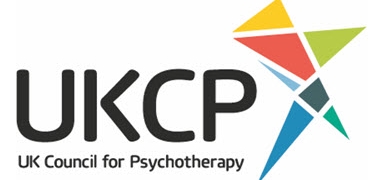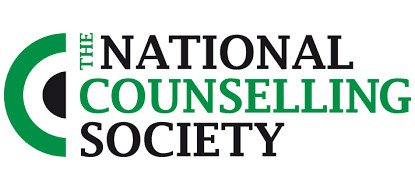The Therapeutic Power of Writing
/Sometimes when we feel depressed or anxious or even just preoccupied with something, sharing our thoughts and feelings with friends or family can feel too much. It can feel as though, by talking about them, our fears could expand or take on terribly concrete forms that are much harder to deal with than those niggling fears we otherwise keep tucked away inside ourselves.
How to start therapeutic writing
Therapeutic writing is an easily accessible method of exploring all of those things at a pace that suits you. It can be done individually – all you need is paper and pen, or a computer – or it can be guided by a counsellor. The aim initially is to start with a “mind dump” which lets you write about anything and everything, with no concern for structure, grammar, spelling or the like. It is the act of writing down your thoughts that is cathartic or illuminative; a way of speaking without holding the weight of the words in your mouth and worrying what they might sound like. It can be a way of uncovering the unacknowledged or recovering the repressed.
All you need to get started with therapeutic writing.
Where therapeutic writing can help
Therapeutic writing has proven effective for many different issues, like:
Anxiety
Depression
Grief and Loss
Eating Disorders
Relationship Issues
Low Self-Esteem
PTSD
Therapeutic writing and counselling
Counselling offers a neutral and safe space to discuss your thoughts and feelings. Therapeutic writing can be a tool to explore a certain theme in counselling, and it can be a way of supporting yourself between weekly counselling sessions or it can be a starting point when talking itself is too difficult.
Therapeutic writing in counselling is a collaborative experience, as some time is spent at first deciding on what both counsellor and client want out of the exercise. Confidentiality, trust, respect and pacing are all important themes to be considered.
Writing itself can take place during the session, before or after. You may want to read a piece to the counsellor directly, you may want them to read your piece in silence or send it to them to read before the session.
By engaging with therapeutic writing through counselling, you are given the space to reflect about what you have written if you so wish and to gain more insight, as sometimes the act of reading something out loud can make you realise things you hadn’t realised before. And since you are in a safe, secure space any troubling thoughts or feelings that might arise through writing can be supported.
Therapeutic writing allows you to connect with feelings, share information in a way that's at your own pace, and even discover things about yourself that you didn't know before.
Why is writing helpful?
On a very basic level, you don’t need many resources to make use of therapeutic writing. All you need is a pen and paper, or a computer. And even though the words might be written on paper, they are in no way set in stone. They can be crossed out, entire sentences can be deleted, or a whole page can be crumpled up and tossed aside which in itself can feel incredibly cathartic.
Therapeutic writing offers you a sense of agency that you might otherwise not feel you have. You choose what you want to write, you choose which words to keep in the end, you choose which parts you want to share with your counsellor.
In writing, there is no right or wrong, and there is no time pressure to verbalise your feelings quickly. And what’s best is that it’s an incredibly versatile tool; therapeutic writing encompasses stories, anecdotes, autobiographies, poetry, or even song lyrics or lists. People suffering with chronic illnesses, for example, have reported feeling relieved and more in charge again after making notes of their symptoms and experiences.
Therapeutic writing can serve as communication aids between the writer and their relatives and friends. But more than that, it returns the writer to their relationship with themselves. It can be mind-opening to discover how we perceive the world and our surroundings, what we really enjoy and what we dislike.
In short, therapeutic writing helps you to dispel everything you keep inside onto a page, easing tension from the body and calming the mind.






